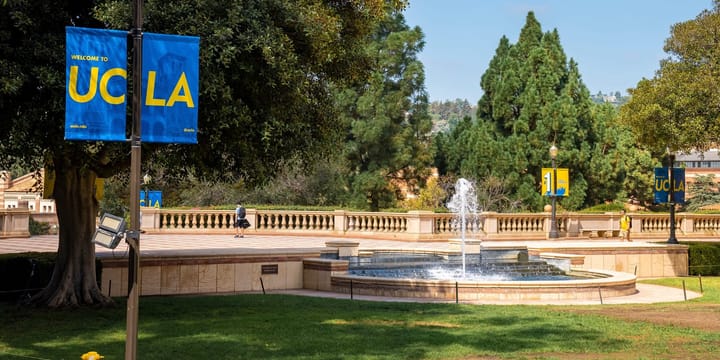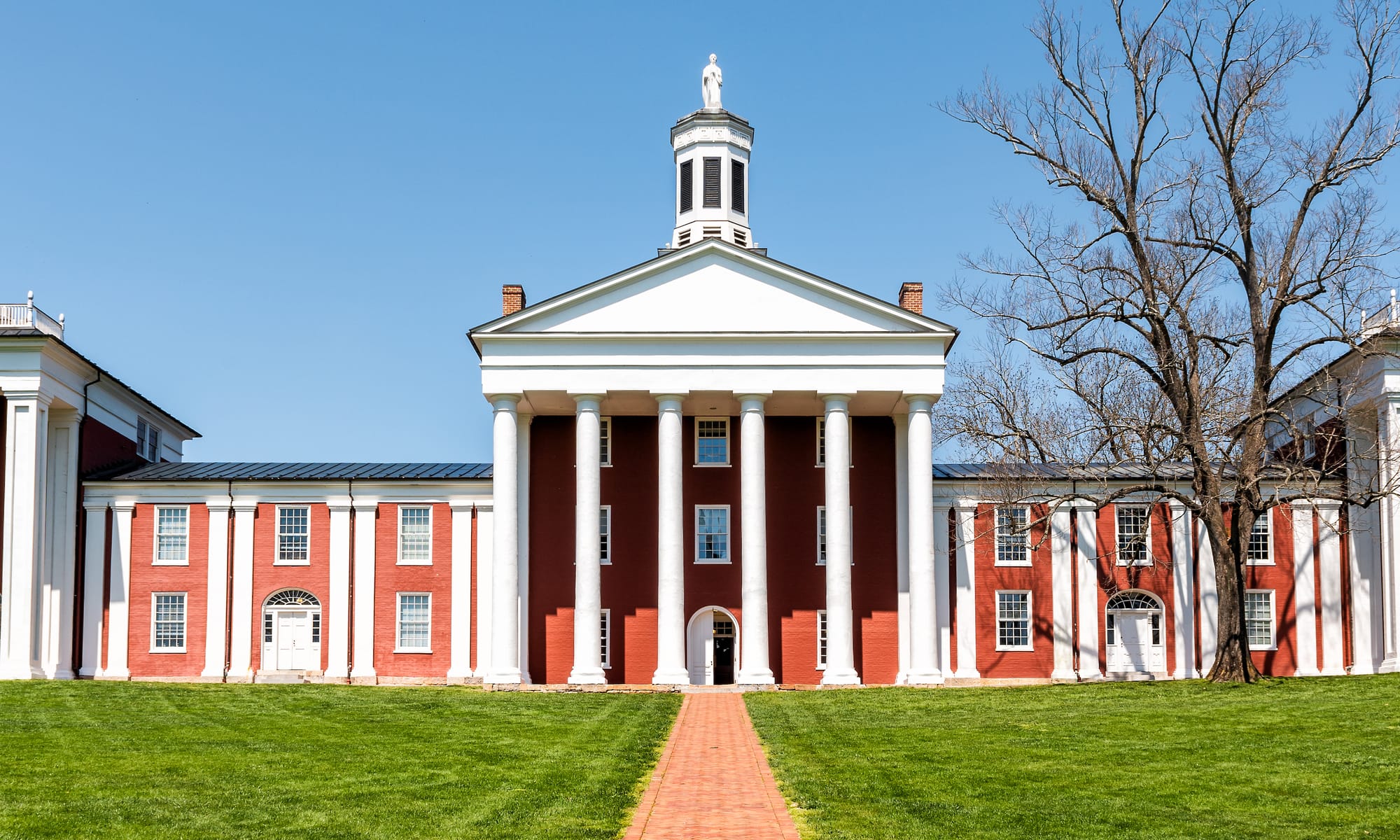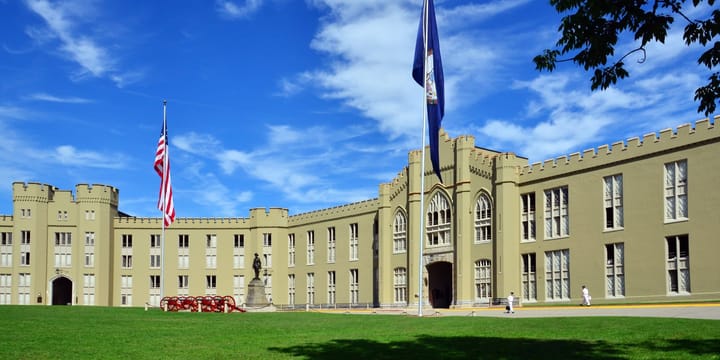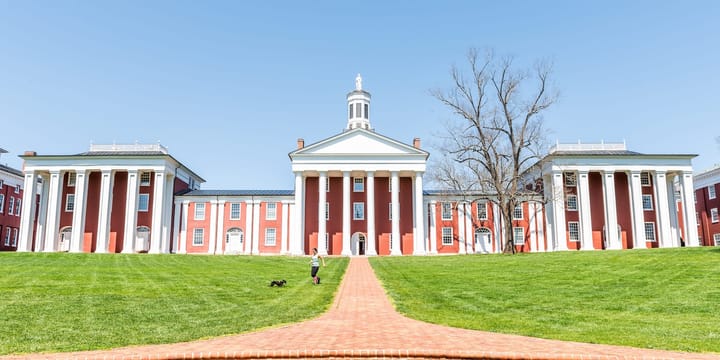Trump's $1.2 billion UCLA settlement is a blueprint for conservative campus transformation
The details of Trump’s $1.2-billion call to remake UCLA in a conservative image and its ramifications.

The Trump administration's settlement proposal with UCLA reveals the sweeping scope of its efforts to remake American higher education in a conservative image. According to a detailed review by Los Angeles Times reporter Jaweed Kaleem, the 28-page Department of Justice letter not only demands nearly $1.2 billion in fines but also imposes extensive restrictions on campus life. These extend far beyond addressing any alleged antisemitic incidents.
A massive financial penalty with broad demands
The settlement proposal centers on a staggering financial demand. UCLA must make five years of payments totaling $200 million annually, plus establish a $172 million fund for people claiming civil rights violations. In exchange, the government will release roughly $500 million in suspended research grants from the National Institutes of Health and Department of Energy. Basically, holding already approved funding hostage.
The monetary penalty represents only part of the government's demands. The 7,300-word proposal outlines a three-year agreement that would fundamentally alter how UCLA operates. This includes massive changes for areas fromfrom admissions and hiring to healthcare and student life.
Targeting gender identity and healthcare
The demands include sweeping restrictions on gender identity recognition and healthcare. The government wants UCLA to make a public declaration that it no longer recognizes transgender people's gender identities. This would extend to sports teams, bathrooms, and single-sex dormitory rooms.
The proposal also demands an end to gender-affirming care for minors at university medical facilities. This would prohibit "hormonal interventions and 'transgender' surgeries" including mastectomies and other procedures for patients under 18.
While such surgical procedures on minors are rare and typically focus on older teens, the blanket ban represents a significant policy shift for the university system.
Restricting diversity initiatives and admissions
The settlement also takes direct aim at DEI programs at the university. It demands the appointment of a senior administrator to conduct a "thorough review" of DEI policies in admissions and employment. The government alleges these are discriminatory, because of course they do since they don't give white elites an extra leg up.
The proposal prohibits "indirect methods or criteria that serve as a substitute for race-conscious hiring, promotion, tenure, compensation, and other employment practices." California law has banned the use of race in public university hiring and admissions since 1997. Apparently that is no longer enough. The government's demands will eliminate any remaining consideration of diversity in anything.
The government also seeks to end race- and ethnicity-based scholarships and eliminate the use of "personal statements, diversity narratives, or an applicant's reference to racial identity" in employment decisions. It would also require UCLA to annually release detailed demographic data for hires and students, broken down by race, color, grade point average, and standardized test performance.
International student restrictions and surveillance
The proposal also includes significant restrictions on international students. It requires UCLA to ensure that foreigners "likely to engage in anti-Western, anti-American, or antisemitic disruptions or harassment are not recruited or admitted." Who gets to determine the criteria? The administration of course.
The university would also need to develop materials to "socialize international students to the norms of a campus dedicated to free inquiry and open debate." Open debate as long as you toe the line.
From a privacy perspective, it would requird UCLA wto provide the government with all disciplinary actions involving student visa holders upon request, creating a potential surveillance mechanism for foreign students. And we've seen this year what happens to those who dare speak up.
Protest restrictions, campus control, and monitoring
While antisemitism allegations form the public justification for the settlement, the actual antisemitism-related provisions represent only a small portion of the demands. The government seeks to ban protesters from wearing masks and requires that "all individuals must briefly unmask to verify their identity" when asked by authorities.
The proposal also calls for an outright "prohibition on overnight demonstrations in any university locations" and bans on wristbands and "ideological pledges" to gain access to university grounds. These restrictions stem from incidents during pro-Palestinian demonstrations, including accusations that activists restricted access to pro-Israel Jewish students.
Of course, none of this really had anything to do with anti-semitism. I mean, how many people in the administration are poorly hidden Nazis and all of them revere those with anti-semtism said out loud.
The settlement would also establish unprecedented government oversight of university operations. It would make UCLA grant the government access to "all UCLA staff, employees, facilities, documents, and data related to the agreement" not protected by attorney-client privilege.
It just starts at UCLA and the UC system. The it goes nationwide
The UCLA demands are part of a wider campaign across the University of California system. UC Berkeley recently notified 160 faculty, staff, and students that their names had been provided to the Department of Education's Office for Civil Rights as part of an antisemitism investigation.
Professor emeritus Judith Butler, who was among those whose information was shared, criticized the cooperation as reminiscent of "well-known practice from the McCarthy Era." Faculty have expressed concern that UC is retreating on free speech values out of fear of funding cuts.
The hastily assembled document, which contains basic errors like referring to UCLA's "president" instead of "chancellor," appears to match settlement language used with Columbia and Brown universities. This suggests the Trump administration is deploying a standardized approach to neuter higher education nationwide.
The UCLA settlement proposal provides a comprehensive blueprint for conservative control over universities. The administration uses the lever of federal funding to impose ideological conformity across admissions, employment, healthcare, student life, and academic freedom.
What's next?
The UC system has not publicly agreed to the stipulations and has privately indicated that many requests would violate the university's mission and values. Legal challenges are already underway. A San Francisco federal judge recently ruled that the government must release $81 million in frozen National Science Foundation grants to UCLA, with a key hearing scheduled this week regarding the larger $500 million in NIH funding.
As the UC Board of Regents prepares to discuss the crisis at this week's meetings, the outcome of these negotiations will likely determine whether other public universities face similar demands. The settlement represents a test case for how far the federal government can go in reshaping higher education through financial coercion.
The implications reach far beyond Westwood.
Non in cautus futuri.



